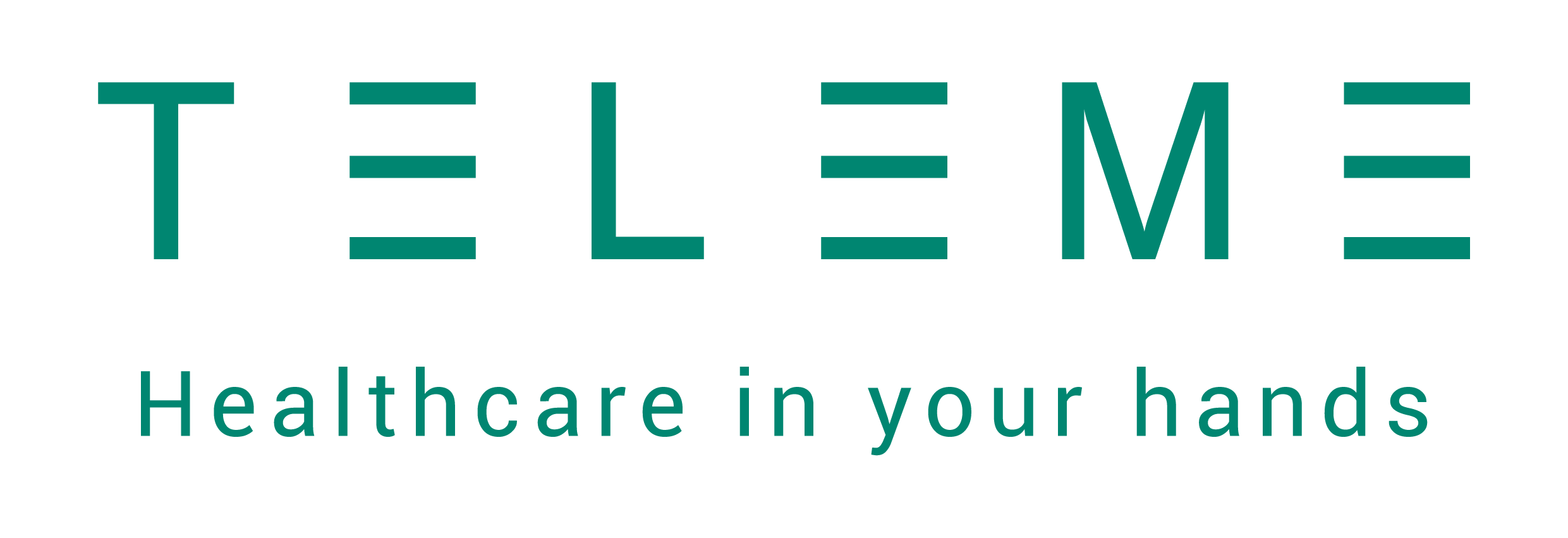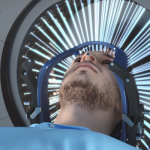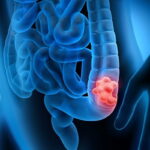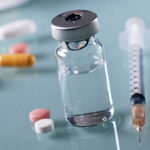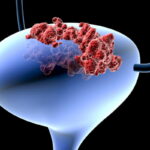Cancer Chemotherapy: Managing Side Effects
Cancer cells tend to grow fast and chemotherapy drugs are used to kill fast-growing cells. But because these drugs travel throughout the body, they can also affect the healthy cells in your body that are fast-growing too. The effect on your healthy cells causes side effects. Side effects are not always as bad as you might expect and here is a list of the common side effects and some tips that you can do to reduce the effects.
Click to view Canadian Cancer Society video on Taking Care of yourself during Chemotherapy
Loss of appetite, cause and vomiting
It is common for your appetite to change when you are going through chemotherapy but not everyone feels sick (nauseous) after chemotherapy. However, if it does occur, it usually starts a few hours after treatment and can last for many hours. If you are vomiting a lot, keep up with your fluids intake to prevent dehydration. You may be given anti-nausea medication to take home and can be taken on a regular basis. If you continue to vomit more than 24 hours, contact your doctor.
- Take a light meal before your treatment and drink as much fluid as possible
- Take small amounts of fluid rather than a large amount at one time
- Take nutritional supplement drinks or liquid food drinks
- Take small but frequent meals rather than a large meal at one time
- Try to avoid foods which may cause stomach upset like spicy foods or food with strong smells
- Try deep breathing through your mouth when you feel like vomiting
Diarrhoea occurs in some people and when it occurs, you may:
- Avoid high fibre diet
- Keep hydrated by drinking 2-3 litres daily
- Avoid fried, oily or spicy foods
Constipation is more common as your appetite may be low.
- Increase the fibre content in your diet
- Keep hydrated by drinking 2-3 litres daily
- Do light exercises such as brisk walking every day
Mouth sores or ulcers
Some chemotherapy medication can cause mouth sores, ulcers or infections. This is more likely to occur if you have had or having radiation to the head, neck or chest region or if you have had dental or gum disease in the past. Contact your doctor or nurse if you experience any changes in your mouth or throat.
- See your dentist BEFORE the start of your chemotherapy treatment
- Use a toothbrush with soft bristles to clean your teeth
- Take regular sips of fluid such as water and avoid high sugar drinks
- Take soft foods (such as ice cream, soft fruits or porridge) and avoid hard or fried foods which may hurt your mouth
- Rinse your mouth with water after every meal
- Use non-alcohol mouthwash as alcohol may dry or irritate your mouth
- Avoid spicy or acidic foods which may aggravate mouth sores
Fatigue (feeling tired or lack of energy)
Fatigue is the most common side effect of chemotherapy. It may appear suddenly and rest alone may not relieve it. You will continue to feel tired for weeks or months even after your treatment has ended.
- Limit your physical and mental daily activity. Help your body recover from the effects of chemotherapy by doing less and resting more
- Do light exercises such as brisk walking every day
- If you are not sleeping well, inform your health care team. Avoid taking sleeping medication unless they have been prescribed by your doctors as they may react with your chemotherapy
Thrombocytopenia (low platelet count)
Observe signs and symptoms of thrombocytopenia such as bruises, small red spots under the skin, red or pink urine, black or bloody bowel motions and gum or nose bleeds.
- Take high-fibre diets such as fruits or vegetables and take adequate fluids (around 2-3 litres daily) to prevent constipation
- Create a safe environment in your house to prevent falls or injuries
- Do not use sharp instruments for personal grooming but instead use an electric razor for shaving, a toothbrush with soft bristles and mouth gargle
- Wear soft and close-ended shoes. Do NOT walk barefoot in case of injury
- If you have blood taken or require injection, apply pressure to the needle site for at least 10 minutes to prevent bruising
- Consult your cancer doctor or nurse BEFORE proceeding with any invasive or surgical procedures
Febrile Neutropenia
The signs and symptoms of febrile neutropenia include high fever >38 degree Celsius, mouth ulcers or cough.There may be swelling, redness or tenderness at the wound, chemo-port or catheter. See your doctor as soon as possible.
- Wear a surgical 3-ply face mask when going outside or to the hospital
- Avoid crowded areas or people who are sick
- Limit visitors (especially children) to your home
- Avoid consuming raw foods (such as sushi or half boiled eggs)
- Maintain strict personal hygiene and avoid getting cuts on your skin
Mood changes
During your cancer treatment, you may experience a lot of change in emotions ranging from anger, grief, disbelief, anxiety and depression. This is a normal response and there is no right or wrong way to deal with them. Everyone is different and you will deal with things in your own way and in your own time.
Do discuss with your oncologist, nurse, dietician, counsellor or cancer support team about your symptoms
Disclaimer. TELEME blog posts contains general information about health conditions and treatments. It is not intended to be a substitute for professional medical advice, diagnosis or treatment. The information is not advice and should not be treated as such.
If you think you may be suffering from any medical condition, you should seek immediate medical attention from your doctor or other professional healthcare providers. You should never delay seeking medical advice, disregard medical advice, or discontinue medical treatment because of information on this website.


